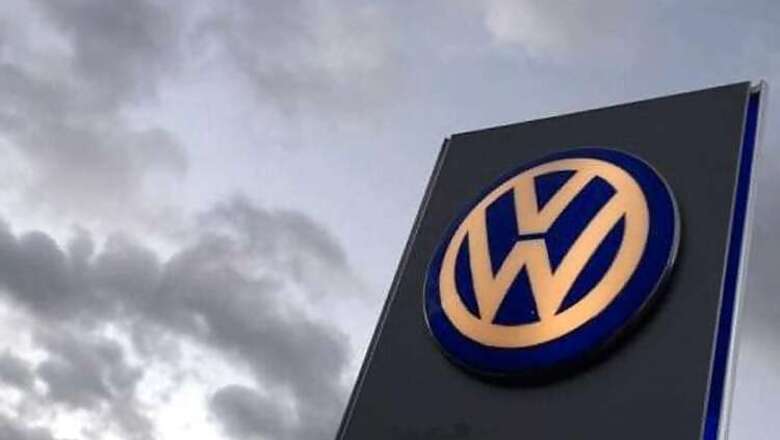
views
One of the biggest automotive stories of 2015 is without a doubt that of Volkswagen's massaging of emissions testing figures and the subsequent blowback on diesel's reputation as a clean environmentally friendly fuel.
Until the United States Environmental protection Agency (EPA) formally accused Volkswagen's US arm of using devices on its diesel engines to "bypass, defeat or render inoperative elements of vehicles' emission control system," the VW Group was the world's biggest car company and diesel was enjoying a renaissance as a green fuel.
However, as 2015 becomes 2016, the investigation has spread from the US to Europe and beyond, VW has admitted systematic failings in its attempts to meet targets, and car drivers on both sides of the Atlantic have started to question the validity of emissions and fuel consumption figures no matter what they are driving.
Belief is growing that the tests -- conducted in laboratory conditions -- are of little consequence. So much so that French car companies Peugeot and Citroen pledged to start publishing what they call real-world test figures to offer consumers full transparency and peace of mind and to start doing so from 2016 with help from NGO Transport & Environment. "This innovative initiative is a clear demonstration that a carmaker and independent NGOs can reach agreement for the benefit of customer information," said Carlos Tavares, Chairman of the Managing Board of PSA Peugeot Citroën.
But the reason why car companies don't publish ‘real-world' figures is that there's no such thing. No two people drive the same car in the same way over the same route.
Unless all car companies adopt the same measures, consumers "[a]re going to be lost," said Renault-Nissan Alliance CEO and head of the European Automobile Manufacturers' Association (ACEA), Carlos Ghosn. "How can you choose between three car manufacturers if each one has his own [real-world] measurements?"
However, that doesn't mean that the existing system is fit for purpose, either. To renew commitment to consumers, EU carmakers are preparing to add a Real Driving Emissions (RDE) element to current testing and, after years of stalling, are giving their full support to the Worldwide harmonized Light Vehicles Test procedure (WLTP) that more closely mirrors inner-city and urban driving conditions.
"We fully support the need for improved emissions testing," said Ghosn at December's COP21 in his capacity as ACEA President. "We also need the RDE test to restore the confidence of consumers and legislators in the environmental performance of new vehicles."
Consumers will no doubt welcome this new era of transparency, but only at the end of 2016 will it be clear if the measures have arrived quickly enough to save diesel's reputation and standing as a fuel with the capabilities of cutting greenhouse gases and better managing remaining oil supplies through greater efficiency.




















Comments
0 comment